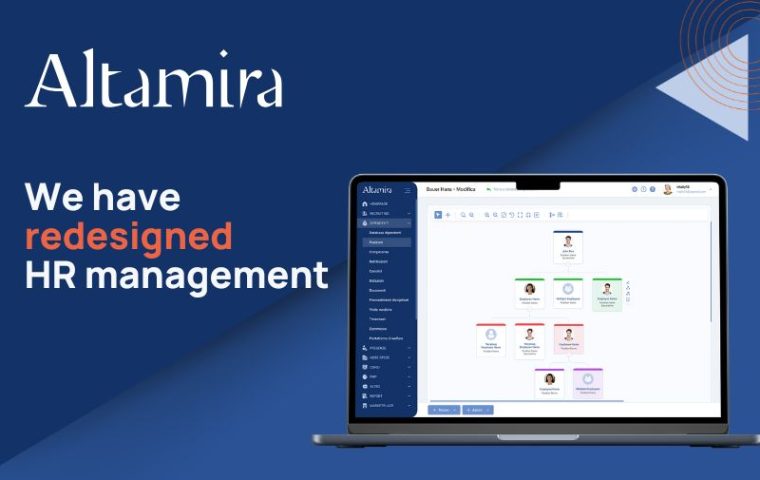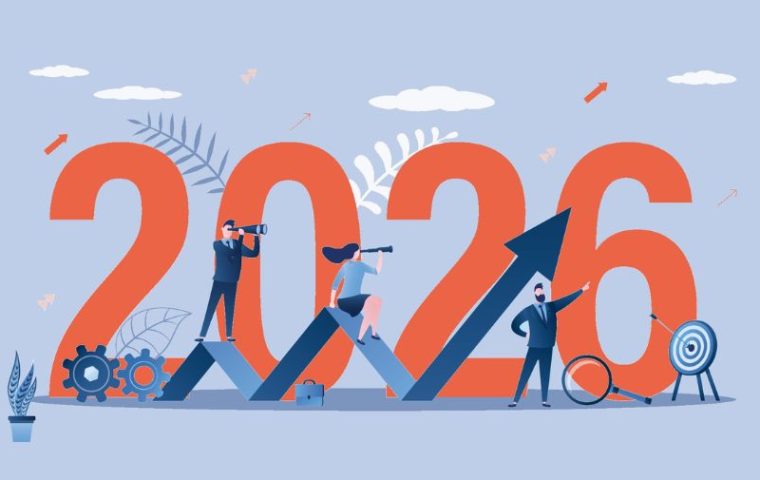The greatest asset of a job board—same as for a recruitment agency—is its database of candidates.
This is not surprising, if we think that many of the most successful multinationals in recent years, such as Facebook and Google, owe their fortune to the enormous amount of personal data they possess.
But what about all the other companies?
Oddly enough, there are many who choose not to build their own digital candidate database, but to rely instead on external services that fulfil their recruiting needs from time to time.
However, the advantages of a unique candidate database that includes search, history and annotation tools are many.
Let’s look at the most important ones:
- Multi-channel searches and selections. When you start the search to fill a new position at your company, it is quite rare that you will rely on a single channel. In fact, although most online applications can be obtained by relying on the largest job boards, with a general scope, it is always possible to attract different and valuable candidates through social media, industry job boards, events, recruitment agencies, internal references, etc. If you don’t have a corporate digital database into which all CVs should be fed, each of these channels will need to be analyzed separately. This will lead to much longer selection times, a loss of efficiency and the high risk of undermining the quality of the work done.
- Detailed profiles. One of the biggest advantages of having a corporate candidate database is the fact that you can keep not only the CVs you receive, but also all the relationships you have established and the information you have gained from interviews, phone calls and email exchanges. In this way, you will be able to have access to valuable notes evaluating a candidate’s soft skills, income expectations, references, etc., at a later date.
- “Hot” profiles. Your database does not contain just any profiles. These are people who, at a certain time in the past, expressed a clear interest in your company. Therefore, there is a good chance that if you contact them, they will be interested in looking at certain offers. Obviously, it is always better to periodically review and update the database in order to eliminate CVs that have become completely obsolete.
- Saving time. Most digital candidate databases that a company can use (typically part of their recruiting software) have search tools and filters that are far superior to those offered by job boards and email tools. Furthermore, advanced software such as Altamira Recruiting offers additional tools to facilitate selection, such as automatic ranking and database segmentation into search projects. The main advantage, however, remains the fact that you can carry out research and analysis on the entire candidate pool, whatever the source from which you have their information.
- Saving money. Candidates who become part of your database may be contacted at no additional cost—within the limits imposed by the regulations on the processing of personal data. You may already have the right candidate “in the pipeline”, so you won’t need to use sponsored ads or the services of recruitment agencies.
- Data analysis. Owning a database of company candidates means having the opportunity to analyze your recruiting activity as a whole, producing reports and tables that are useful for monitoring your work and making it more efficient.
- Data ownership. The data that becomes part of your CV database is—within the limits imposed by the regulations—your property. This also means that in case of need, you can easily export it from one system to another, without losing the data accumulated over the years.
Ultimately, building a company CV database is essential for any business that wants to look beyond the very short term. In the medium- and long-term, the savings in terms of time and money are extraordinary, as is the improvement in the quality of the candidates selected.
If you are interested in building a database of candidates for your company, get in touch with us: we may have the right solution for you.
Image copyright: ©onephoto/Fotolia














